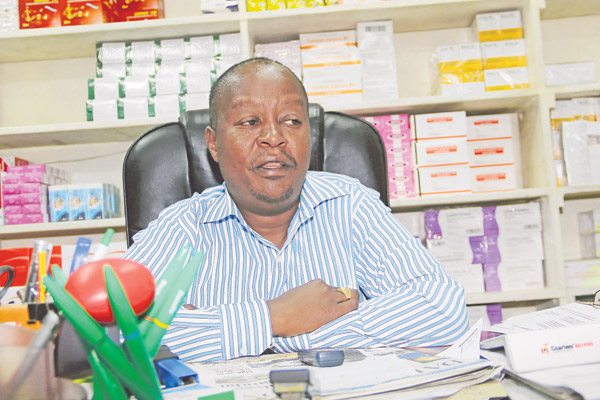So what keeps him going?
“Doing a clean business. If you are greedy, you won’t last long and soon the long arm of the law will catch up with you.”
He says he also values his customers’ feedback: “Customers are the reason why I open this shop between 8am and 9pm and therefore I treat them like kings and queens,” said the graduate of Gujarat University, India.
He says since most of his clients are patients, there is need to handle them with utmost care to ensure repeat business.
“Some are HIV/Aids patients and when they come to buy drugs, one must respect their privacy,” said Mr Mwaniki whose firm has opened three branches in the town and from the initial two employees, it has now hired 45.
His future plans is start importing drugs. “We are getting our supplies from Nairobi but this will be a thing of the past in the next five years as we shall import directly to increase our profit margins,” he said.
At Supreme Pharmacy, he says, guarding against overstocking has been a hurdle.
“Most pharmaceutical products have a shelf life of two years and can only be sold with an exchange of a prescription from a doctor. This is one challenge that I keep on grappling with as medicines prescribed to patients are changing every year,” the father-of-four says.
Like other players, the firm is also fighting employee theft. “The staff we employ are not saints.”
However, its biggest challenge has been contrabands. “Fake drugs are sold cheaply and this hurts our profit margins as some shops have specialised in counterfeits which most clients cannot easily identify,” he added. Most successful businesses in Kenya. This feature on Most successful businesses in Kenya was first published in the Daily Nation.










How much is the shipment fee